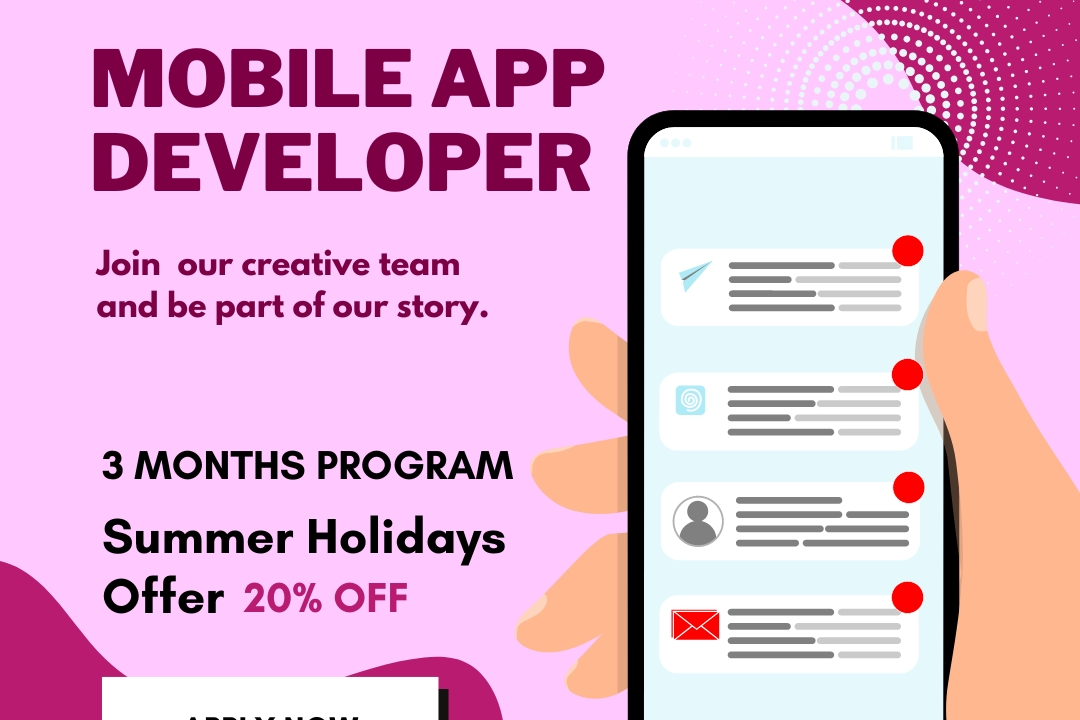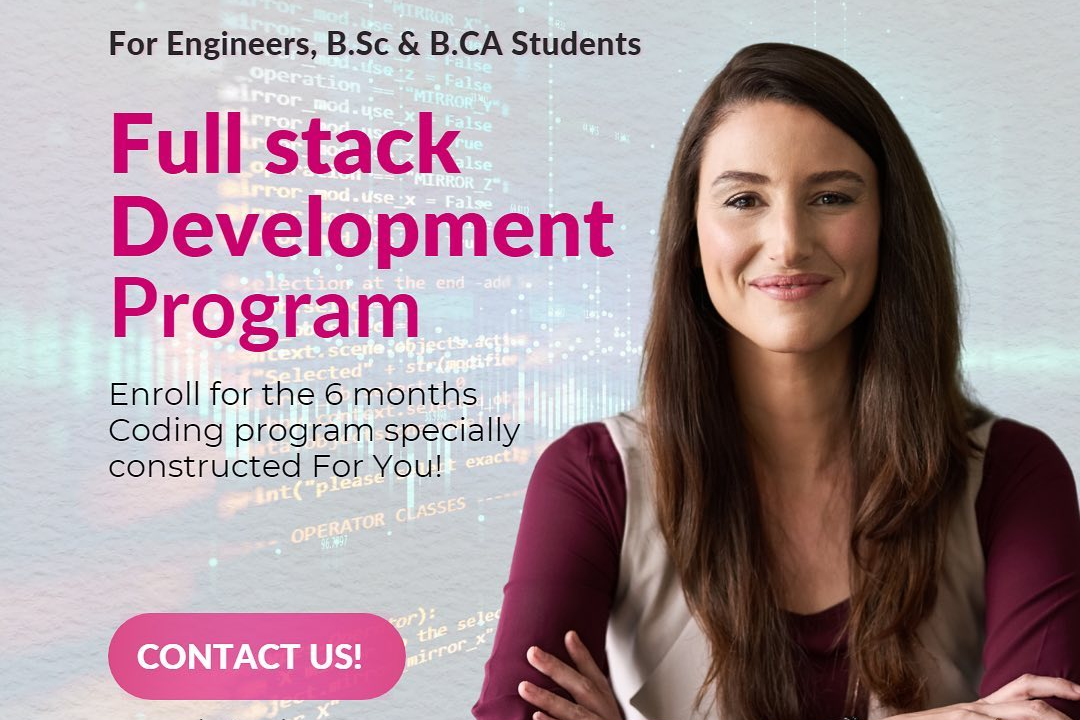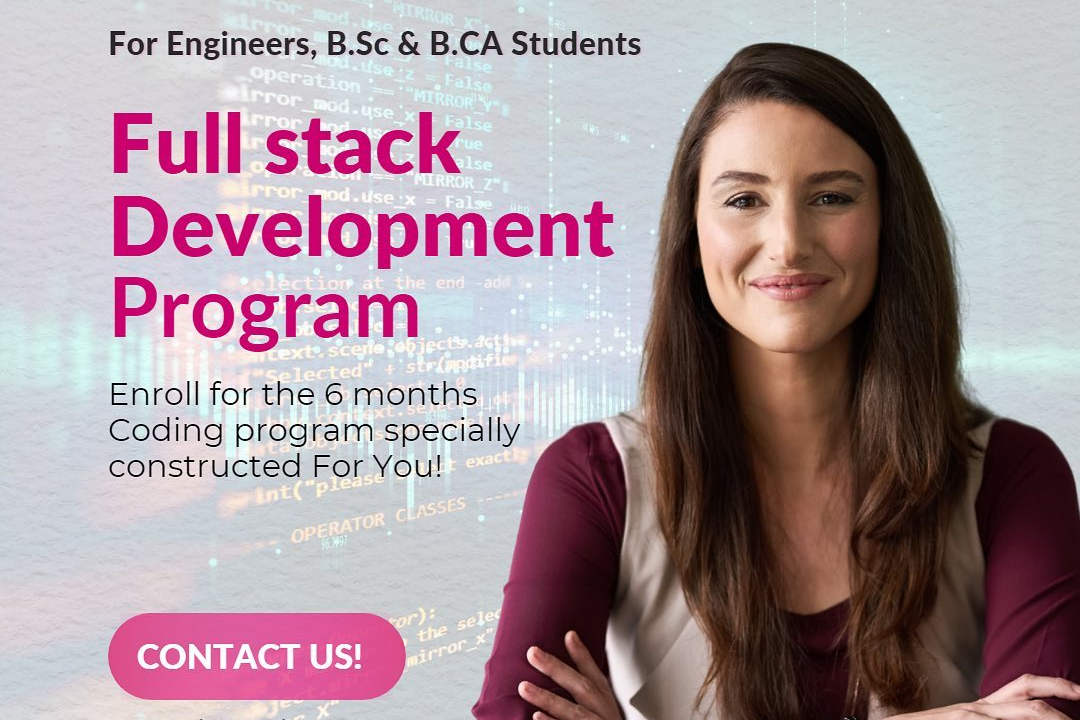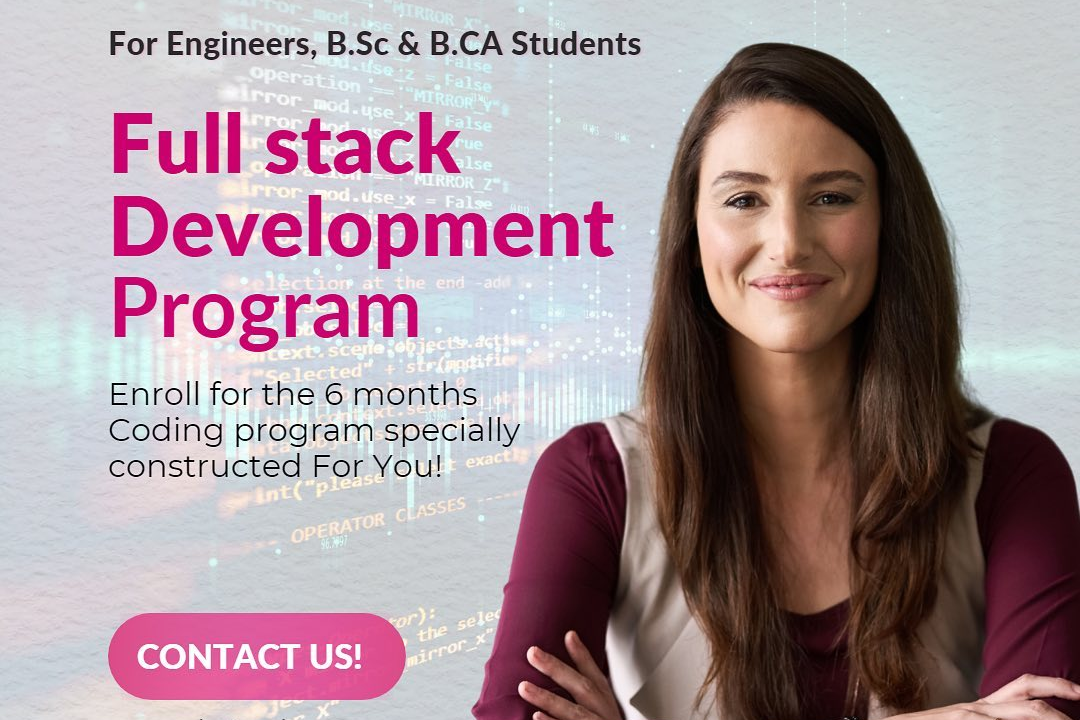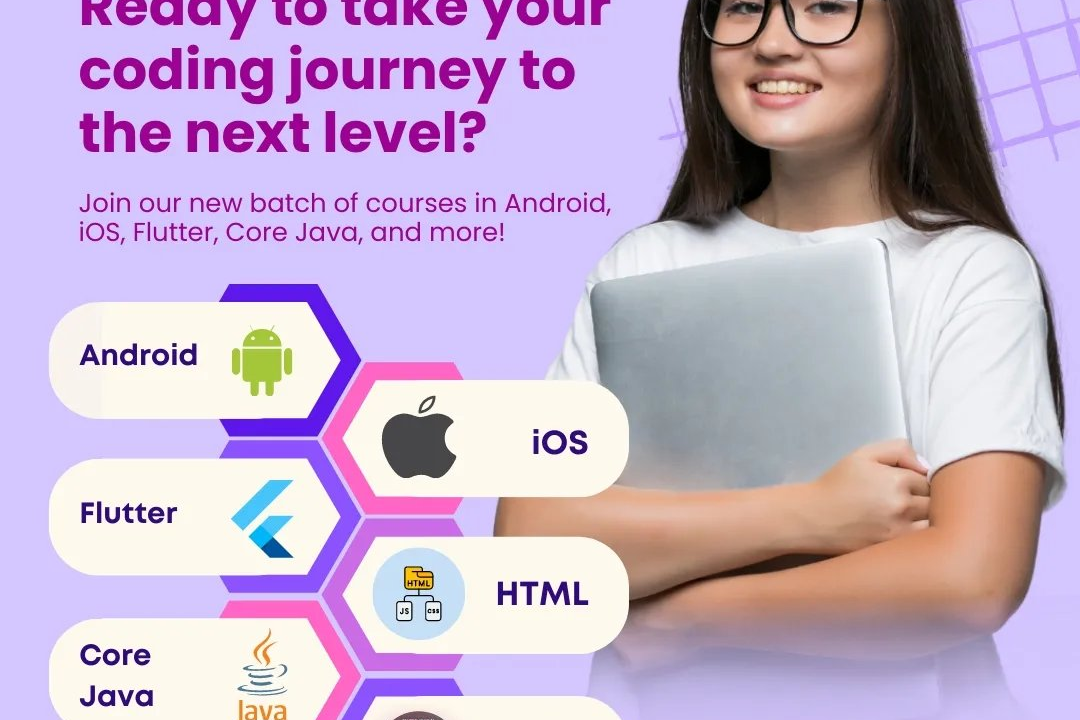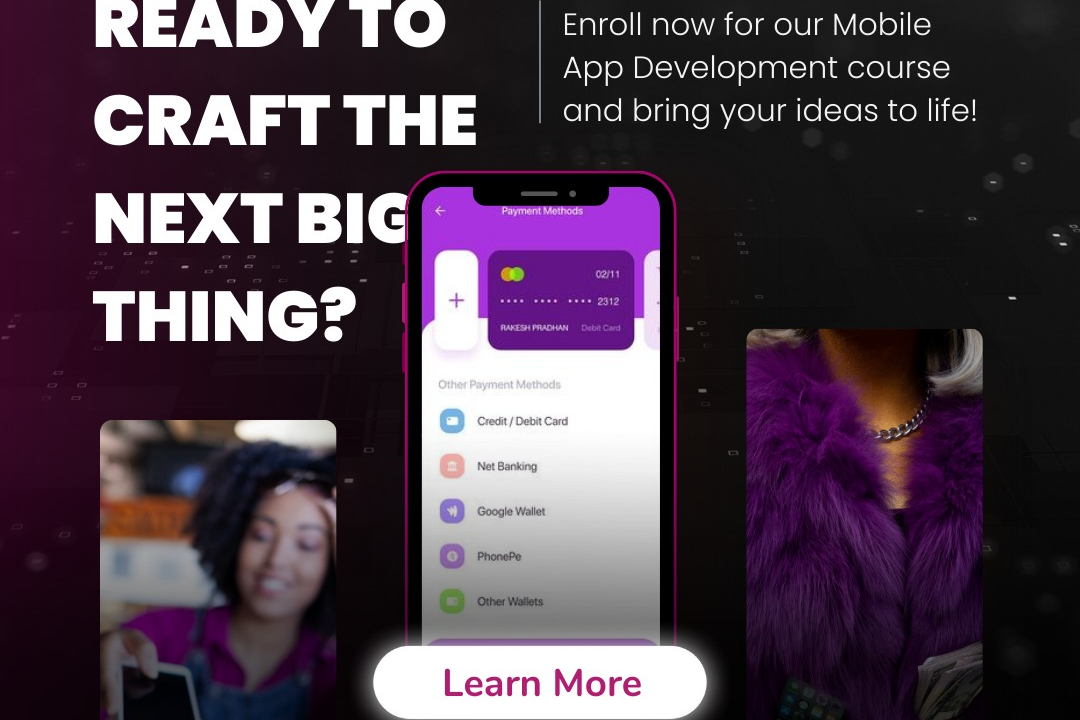Android Development Classes Contai
Comprehensive Android Development Classes
Android Development Classes Contai
In Android development, classes are key components that define the behavior and structure of applications. The Android framework provides a variety of essential classes, such as `Activity`, which represents a single screen with a user interface; `Service`, which runs in the background; `BroadcastReceiver`, which listens for system-wide broadcast announcements; and `ContentProvider`, which manages a shared set of app data. These classes are part of the Android SDK (Software Development Kit) and interact with the Android system to provide functionality such as user interactions, data storage, and app lifecycle management. Developers create their own classes that extend these fundamental classes to build custom applications, while also utilizing additional features like Fragments for modular UI design and ViewModels for managing UI-related data in a lifecycle-conscious way. Overall, understanding and effectively using these classes is critical for successful Android application development.
To Download Our Brochure: https://www.justacademy.co/download-brochure-for-free
Message us for more information: +91 9987184296
1 -' and including a brief description for each point:
- Introduction to Android Development
- Overview of Android as a platform, its architecture, and the significance of Android in modern app development.
- 2) Setting Up the Development Environment
- Guidance on installing Android Studio, configuring the SDK, and setting up emulators to create a seamless development experience.
- 3) Java/Kotlin Programming Basics
- Introduction to Java and Kotlin, the primary languages for Android development, including syntax, data structures, and object oriented programming.
- 4) Understanding Android Architecture
- An overview of the Android architecture, including Activities, Services, Broadcast Receivers, and Content Providers.
- 5) Layout and UI Design
- Principles of user interface design, exploring XML layouts, UI widgets (buttons, text views), and custom views to create attractive interfaces.
- 6) Android Activity Lifecycle
- Detailed explanation of the activity lifecycle, and how it manages states, including methods like onCreate, onStart, onResume, and more.
- 7) Intents and Intent Filters
- Understanding intents for component communication, along with data sharing between activities and the use of intent filters.
- 8) Data Storage Options
- Overview of different data storage methods, including Shared Preferences, SQLite databases, and using files for data persistence.
- 9) Networking in Android
- Introduction to networking concepts, working with REST APIs, and libraries such as Retrofit and Volley for web service integration.
- 10) Asynchronous Programming
- Techniques for handling background tasks using AsyncTask, Threads, and modern alternatives like Kotlin Coroutines and RxJava.
- 11) Material Design Principles
- Understanding Material Design guidelines and incorporating Material Components for creating modern and responsive UI.
- 12) Testing and Debugging
- Tools and methods for testing Android applications, including unit tests, UI tests with Espresso, using the Android Debug Bridge (ADB), and logcat.
- 13) Publishing Android Apps
- Steps for preparing and publishing apps on the Google Play Store, including signing APKs and managing app versions.
- 14) Working with APIs
- Hands on experience with third party APIs, including authentication protocols (OAuth) and parsing JSON responses.
- 15) Introduction to Architecture Components
- Overview of Android Jetpack and architectural components like LiveData, ViewModel, and Room for building well structured applications.
- 16) Implementing Push Notifications
- Learning how to implement push notifications using Firebase Cloud Messaging (FCM) and customizing notification settings.
- 17) Location Services
- Introduction to using location based services in Android, including geolocation APIs, maps integration, and handling user permissions.
- 18) Responsive Design and Multiple Screens
- Techniques for designing apps that work across multiple devices and screen sizes, including responsive layouts and resource qualifiers.
- 19) Performance Optimization
- Best practices for optimizing app performance, including memory management, reducing load times, and avoiding ANRs (Application Not Responding).
- 20) Creating Custom Views and Animations
- Designing custom views and animations for enhancing user experience, including using XML and programmatic approaches to animations.
- This comprehensive training program will equip students with the essential skills and knowledge to succeed in Android development.
Browse our course links : https://www.justacademy.co/all-courses
To Join our FREE DEMO Session: Click Here
Contact Us for more info:
- Message us on Whatsapp: +91 9987184296
- Email id: info@justacademy.co

